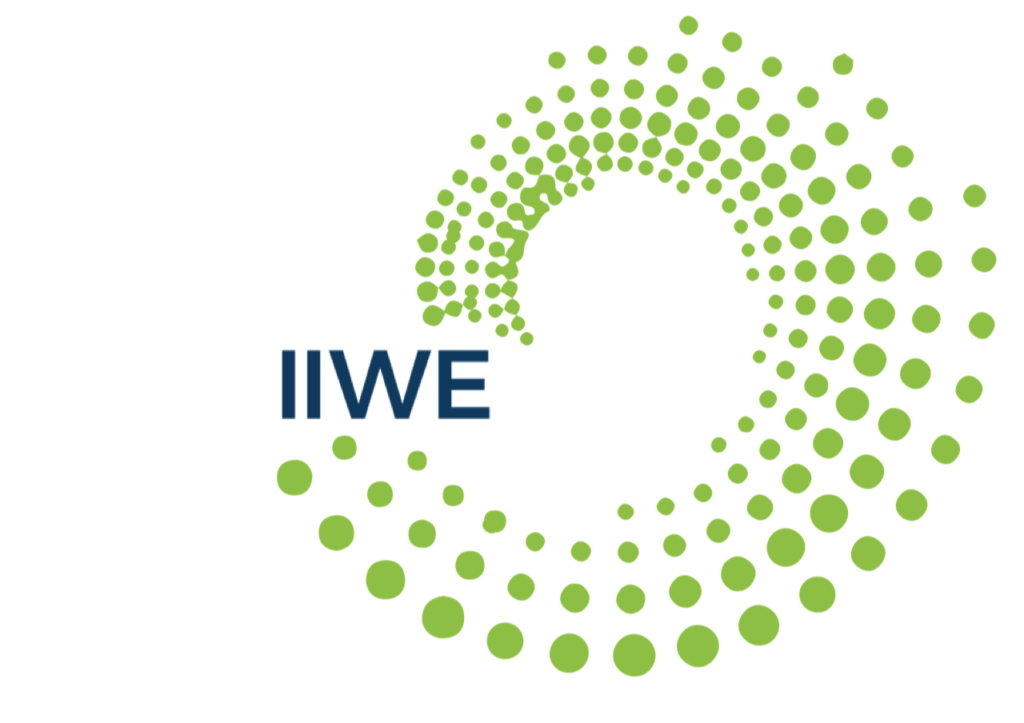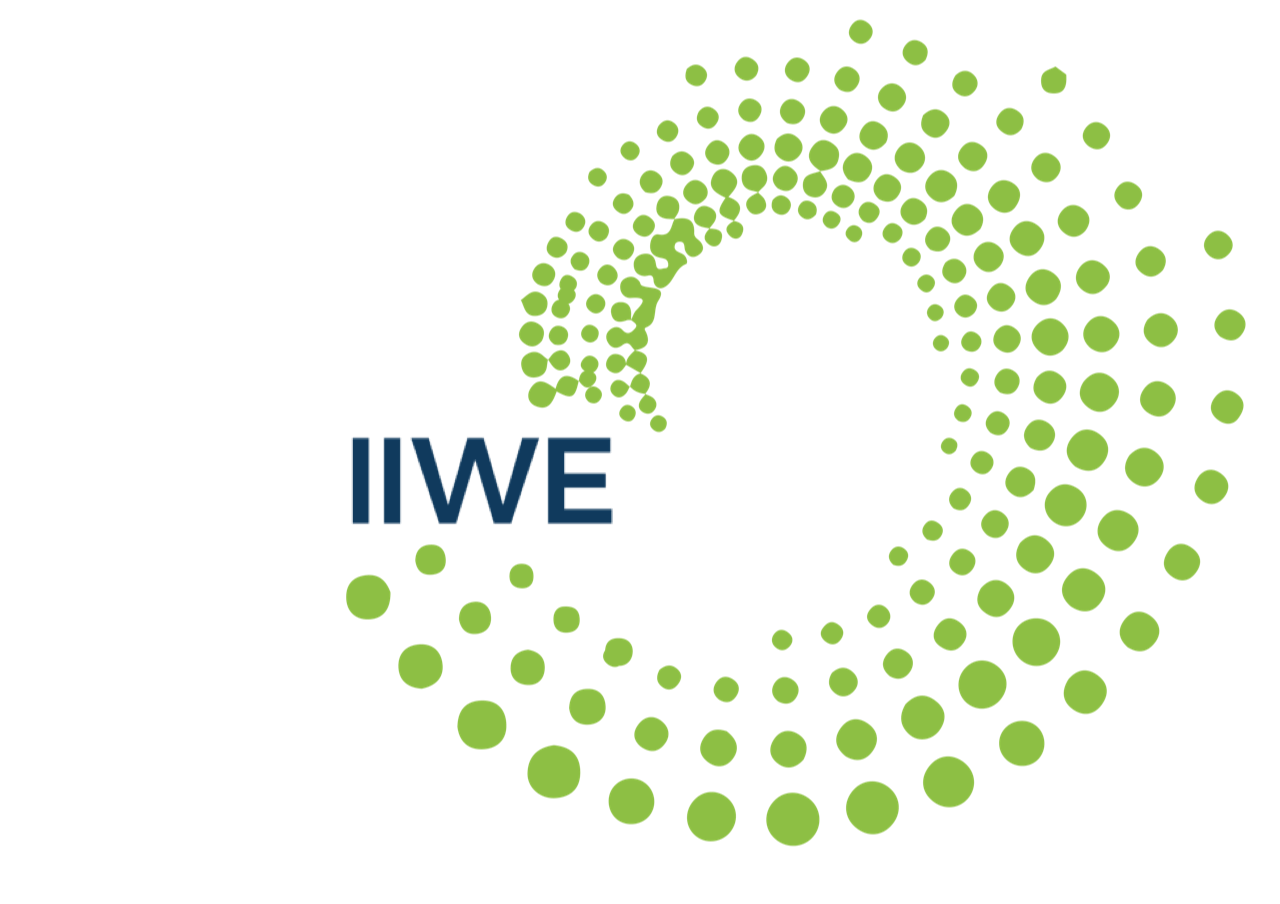The IMF Master Course
Overview
The IMF Master Course represents the final phase of the comprehensive three-part Mindset Transformation Series. It guides participants on a journey towards collective transformation and systemic change within various environments, organisations, and communities. By uniting collective efforts and fostering a shared sense of purpose, this course transcends individual perspectives, fostering a culture of innovation, adaptability, and shared goals. Leaders are empowered to tackle intricate challenges and foster exponential transformation within larger social systems, thereby instigating systemic change.
IMF Master Course Outcomes: The IMF Master Course is designed to empower individuals to lead transformative change on a collective level. Through this program, participants cultivate the skills, mindset, and leadership capabilities needed to drive systemic change within diverse environments and communities. By fostering a culture of innovation, collaboration, and shared purpose, participants emerge as empowered change agents capable of addressing complex challenges and effecting lasting impact.
Benefits for Organisations: Participants become empowered change agents capable of driving systemic change, leading to increased innovation, reduced costs of inefficiency, and competitive advantage for organisations, as well as enhanced stakeholder satisfaction and long-term resilience, and sustainability.
The overarching objective of the three-part series is threefold: Participants become empowered change agents capable of driving systemic change, leading to reduced costs of inefficiency, increased innovation and faster time-to-market, and a competitive advantage for organisations. Additionally, they contribute to enhanced stakeholder satisfaction, long-term resilience, and sustainability.
1.1 Understanding Cognitive Wellbeing
1.2 Impact of Cognitive Wellbeing on Personal & Professional Life
1.3 Traits of Resilient Individuals and the Benefits of Resilience in Various Aspects of Life
1.4 Building Cognitive Strength for Adversity
1.5 Resilience in the Face of Adversity
1.6 Resilience Practices
1.7 Experiential Practices for Cognitive Wellbeing
1.8 Integration and Application
1.9 Mindset Insights
2.1 Definition and Importance of Adaptability
2.2 Embracing Change
2.3 Staying Curious & Grounded in Reality
2.4 Learning from Success and Failure
2.5 Continuous Learning and Adaptation
2.6 Flexibility and Adaptability
2.7 Seeking Feedback
2.8 Stepping Out of Your Comfort Zone
2.9 Mental Gymnastics: Building Adaptability Muscles
2.10 Adaptability in Decision Making
2.11 Adapting to Technological Changes
2.12 Adapting to Remote Work Environments
2.13 Adapting to Changing Market Conditions
2.14 Embracing Ambiguity and Uncertainty
2.15 Adapting to Leadership Challenges
2.16 Mindset Insights
3.1 Understanding Mental and Emotional Agility
3.2 Exploring the Concept of Mental and Emotional Agility
3.3 Recognising the Importance of Agility in Personal and Professional Settings
3.4 Developing Cognitive Agility
3.5 Exercises for Quick Thinking and Problem-Solving
3.6 Strategies to Enhance Cognitive Flexibility
3.7 Enhancing Emotional Agility
3.8 Techniques for Emotion Regulation and Adaptability
3.9 Priority Management and Decision-Making
3.10 Decision-Making Strategies in Fast-Paced Environments
3.11 Adapting to Change in Real-Life Scenarios
3.12 Case Studies and Role-Playing Exercises
3.13 Implementing Adaptability Techniques in Daily Life and Work
3.14 Reflection and Integration
3.15 Reflecting on Personal Growth and Learning
3.16 Integrating Agile Practices into Everyday Routine
3.17 Mindset Insights
4.1 Identifying Key Community Stakeholders
4.2 Fostering Collaboration and Trust
4.3 Leveraging Local Resources and Expertise
4.4 Designing Initiatives for Positive Social Impact
4.5 Advocating for Policy Change
4.6 Developing Metrics for Social Impact Measurement
4.7 Scaling Successful Social Innovation Projects
4.8 Integration and Application
4.9 Mindset Insights
5.1 Fostering a Culture of Innovation
5.2 Encouraging Creativity and Calculated Risk-Taking
5.3 Leveraging Diverse Perspectives
5.4 Collaborative Ideation
5.5 Holistic Practices for Innovation
5.6 Integration and Application in Collaborative Projects
5.7 Mindset Insights
Market Insight
In today’s dynamic landscape, mastering mindset is paramount for organizational success. The pace of change demands leaders and individuals who can not only adapt but thrive amidst uncertainty. Traditional leadership training often falls short in equipping individuals with the necessary skills to navigate this rapidly evolving environment. Recognizing this gap, the IMF Mindset Transformation Series emerges as a beacon, offering a structured and evidence-based program tailored to meet the demands of the modern era.
Value Proposition
Employees are invaluable assets capable of driving organisational growth, innovation, and creating systemic change. By investing in their development, organisations unlock measurable financial benefits, reduce inefficiencies, and foster environments primed for exponential growth. The IMF Mindset Transformation Series empowers individuals and leaders to embrace change, catalyse personal and collective growth, and effect systemic change, propelling organisations towards sustained success in an ever-evolving world.
Key Features
The IMF Mindset Transformation Series are a structured, science-backed program designed to empower individuals and leaders at every level of your organisation. Beginning with personal growth and transformation, participants are guided towards embracing a collective mindset, transitioning from individual success to shared empowerment. Through a holistic journey, the program cultivates shared capabilities, enabling organisations to tackle complex challenges with agility and resilience, ultimately fostering a culture of innovation and growth.
Other Details
- Duration: The examination will be held for a total duration of 120 minutes.
- Format: The examination consists of 50 multiple-choice questions, and one case study.
- The questions will require participants to demonstrate a comprehensive understanding of the key concepts covered in the modules.
- Passing Criteria: To pass the examination, students must achieve a minimum overall score of 70%, and attend 6 group coaching sessions.
- Participants are encouraged to engage in a daily 5-minute practice related to the topics covered in each module.
- These practices will include daily mindfulness exercises, reflection activities, goal-setting exercises, or self-coaching techniques.
- The purpose of these daily practices is to reinforce learning, enhance self-awareness, develop mental clarity and centeredness, and practical skills that can be applied in daily life.
- Participants are strongly encouraged to incorporate them into their routine and daily lives to maximise the benefits of the course.
- Students will be invited for a total of six group live coaching sessions that will take place monthly.
- The goal of these sessions is to deepen the application of the concepts covered in each module.
- Students are also encourages to engage with the community platform to deepen the daily application of the work.





